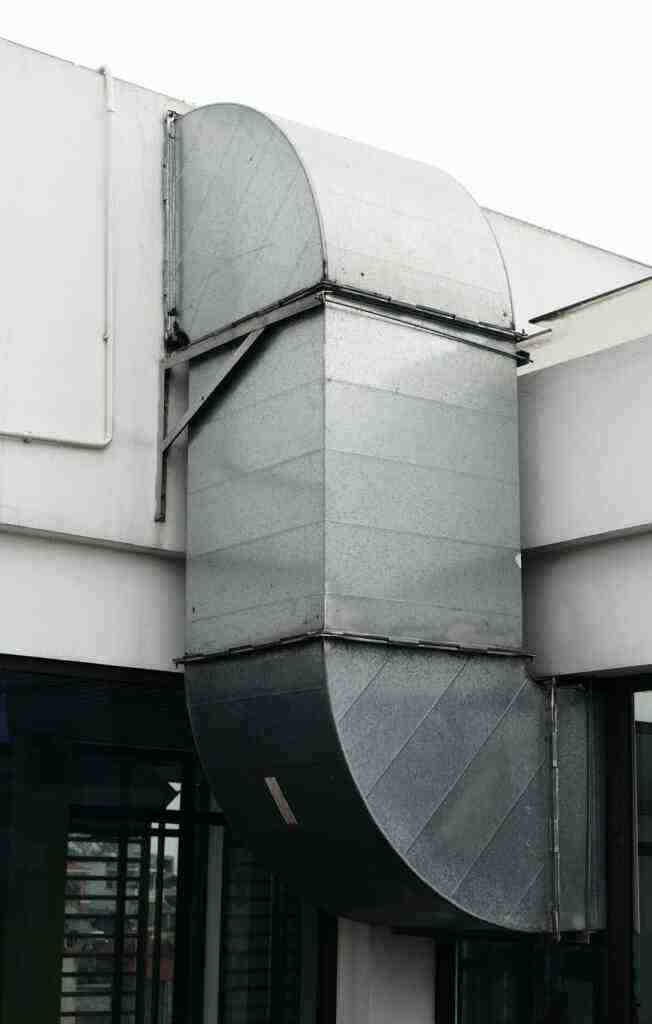Car Maintenance Schedule: A Comprehensive Guide to Keeping Your Vehicle in Top Condition
Introduction:
In the realm of vehicle ownership, regular maintenance is the cornerstone of longevity, performance, and safety. A well-maintained car not only operates smoothly and efficiently but also retains its value over time. This comprehensive guide will equip you with the knowledge and understanding necessary to create a personalized car maintenance schedule tailored to your specific vehicle’s needs.
Understanding Your Vehicle’s Maintenance Requirements:
Every vehicle comes with a manufacturer-recommended maintenance schedule. This schedule outlines the specific services and inspections required at various mileage intervals or time periods. These recommendations are based on extensive research, engineering data, and real-world testing conducted by the manufacturer.
Essential Maintenance Tasks and Their Frequency:
1. Oil Changes:
Regular oil changes are paramount to maintaining engine health and performance. Oil lubricates moving parts, prevents wear and tear, and helps dissipate heat. The frequency of oil changes depends on the type of oil used and your driving habits. Generally, conventional oil should be changed every 3,000-5,000 miles, synthetic blend every 5,000-7,500 miles, and full synthetic every 7,500-10,000 miles.
2. Tire Inspections and Rotations:
Tires are the only part of your vehicle that touches the road, making their condition crucial for safety and performance. Regular inspections for tread wear, sidewall damage, and proper inflation pressure are essential. Tire rotations, typically every 5,000-7,500 miles, ensure even wear and extend tire life.
3. Brake Inspections and Service:
Brakes are a critical safety feature, and regular inspections are vital to ensure they’re functioning correctly. Worn brake pads or rotors can lead to reduced braking performance and potential accidents. Brake fluid should also be flushed and replaced every 2-3 years to maintain its effectiveness.
4. Air Filter Replacement:
A clean air filter ensures a steady supply of clean air to the engine, improving performance and fuel efficiency. It’s typically recommended to replace the air filter every 12,000-15,000 miles or once a year.
5. Spark Plug Replacement:
Spark plugs ignite the fuel mixture in the engine, and worn or fouled plugs can cause misfires, reduced power, and poor fuel economy. The replacement interval for spark plugs varies by vehicle, but it’s typically around 30,000-60,000 miles.
6. Transmission Fluid Service:
Transmission fluid lubricates and cools the transmission, ensuring smooth shifting and preventing wear. It’s generally recommended to service the transmission fluid every 30,000-60,000 miles, depending on the vehicle and transmission type.
7. Coolant System Maintenance:
The coolant system regulates engine temperature and prevents overheating. Regular coolant flushes and replacements, typically every 30,000-50,000 miles, help maintain optimal cooling system performance.
Additional Maintenance Considerations:
- Battery Inspections: Batteries have a limited lifespan, and regular inspections can identify potential issues before they leave you stranded.
- Exhaust System Inspections: The exhaust system channels harmful gases away from the passenger compartment. Inspections can detect leaks, rust, or damage.
- Suspension and Steering Components: Worn suspension and steering components can affect handling, stability, and ride quality. Regular inspections and replacements, if necessary, are crucial.
- Wiper Blades: Worn wiper blades can impair visibility during inclement weather. Replace them every 6-12 months or as needed.
- Cabin Air Filter: The cabin air filter cleans the air circulating inside the vehicle. It should be replaced every 12,000-15,000 miles or once a year.
Creating a Personalized Maintenance Schedule:
To create a personalized maintenance schedule for your vehicle, gather the following information:
- Your vehicle’s make, model, and year
- The manufacturer-recommended maintenance schedule
- Your driving habits and conditions (city vs. highway, short vs. long trips)
Combine this information to determine the most suitable maintenance intervals for your specific needs. It’s always better to err on the side of caution and perform maintenance slightly more frequently than recommended, especially if you drive in harsh conditions or put a lot of miles on your vehicle.
Conclusion:
Regular car maintenance is an investment in your vehicle’s longevity, performance, and safety. By following a comprehensive maintenance schedule tailored to your vehicle’s needs, you can prevent costly repairs, extend the lifespan of your car, and ensure a smooth and enjoyable driving experience. Remember, a well-maintained car is a happy car!
